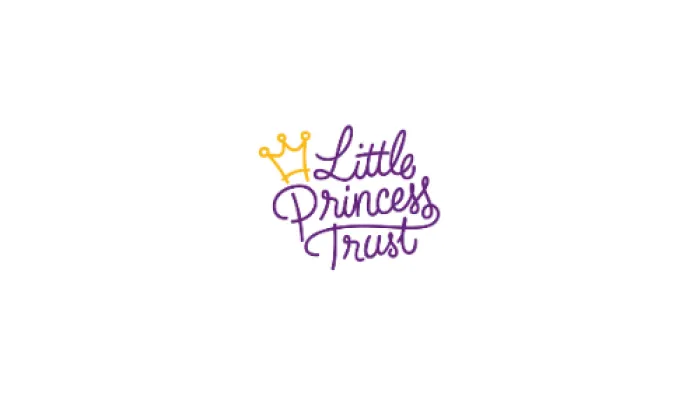Funded by the Little Princess Trust and administered by CCLG
Lead investigator: Dr Timothy Ritzmann, University of Nottingham
Award: £238,474.89
Awarded May 2025
The challenge
Paediatric ependymoma is a difficult-to-treat childhood brain tumour. Despite treatment with surgery and radiotherapy, the tumour returns (relapses) in half of the children diagnosed. Of the patients who sadly relapse, three-quarters die within five years. Current treatments have serious long-term side effects, and can cause lifelong physical, cognitive, and emotional challenges. There is an urgent need for more effective and kinder treatments that enhance survival and reduce the harsh side effects associated with current treatment.
The project
Dr Timothy Ritzmann and his team at the University of Nottingham wants to investigate a new approach to diagnosis and treatment – extracellular vesicles (EVs). EVs are tiny packages released by tumour cells that carry valuable information about the cancer. They can be found in body fluids like blood or fluid surrounding the brain/spine (cerebrospinal fluid).
The researchers will analyse EVs from ependymoma patients to identify markers that signal the tumour’s presence and progression. This could allow for earlier detection and better monitoring, potentially catching relapse sooner than current methods.
Another key aspect of this project is engineering EVs to fight cancer. The team want to see whether these tiny particles can be modified to carry immune system-boosting signals, enabling the body to better recognise and attack cancer cells. This could lay the foundation for a new type of cancer vaccine that trains the immune system to specifically target ependymoma cells.
The impact
By focusing on EVs, Dr Ritzmann hopes to develop more effective treatments that will improve survival rates and offer a much-needed treatment option for children whose ependymoma has returned or does not respond to traditional treatments. With years of experience in both treating patients and conducting research, the research team will ensure that any findings can be applied to real-life treatments and care as soon as possible.

The Little Princess Trust
This project was funded by The Little Princess Trust. They fund research projects in partnership with CCLG, combining CCLG's research funding and grant management expertise with The Little Princess Trust's fantastic fundraising to support world-class scientific research.

